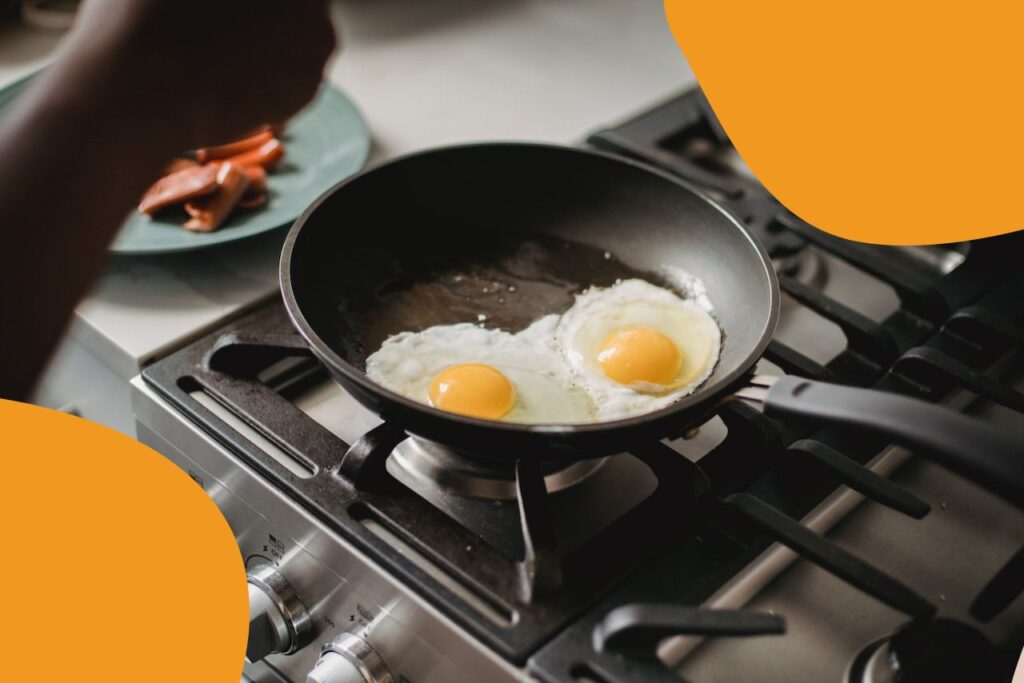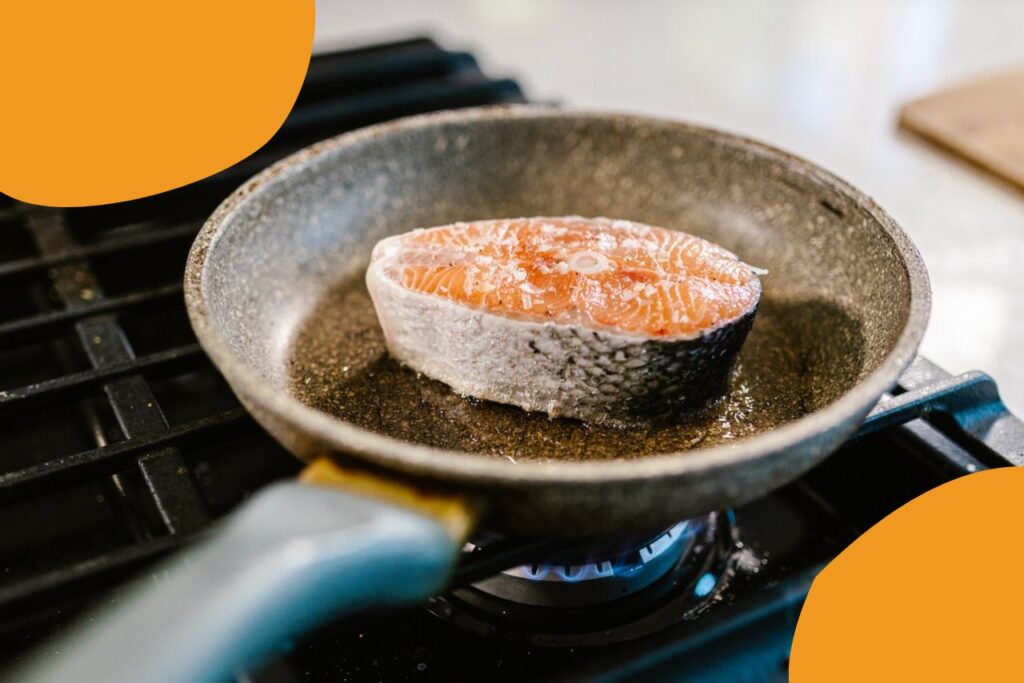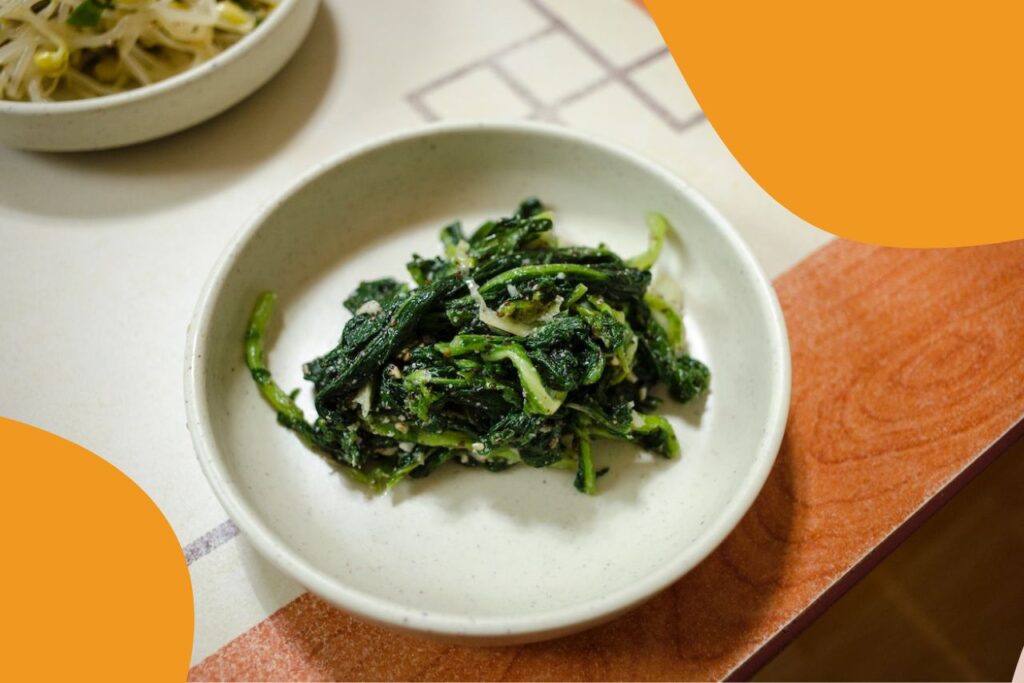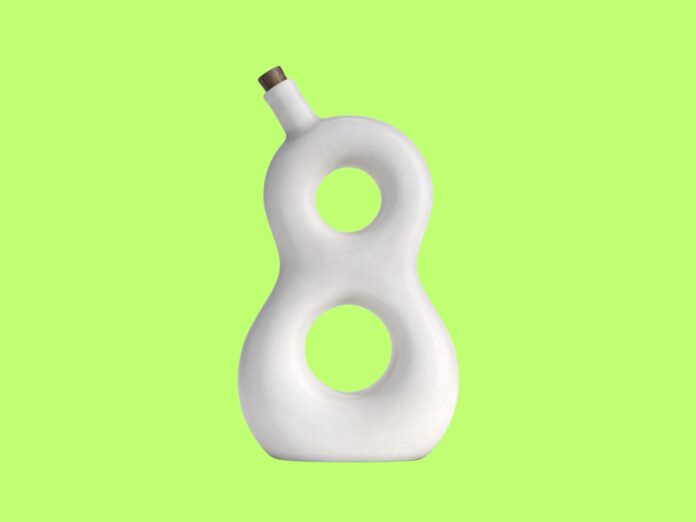The ketogenic diet has become an increasingly mainstream way to potentially lose weight. A low carb, high-fat diet, the keto (for short) diet shares similarities with the Atkins in that the plan’s massive reduction in carb intake aims to put the dieter’s body into a state of ‘ketosis’ – a metabolic state where the body becomes more efficient at burning fat.
Of course, as with any form of extreme change to a more conventional way of eating, the keto diet comes with risks, and certainly isn’t a diet to try as an experiment. Rather, it should only be undertaken under the supervision of a medical expert or nutritionist.
In order to see potential results in weight management terms, your nutritionist may recommend that you include the following foods in your diet…
Eggs
One of the best breakfasts for a keto dieter is eggs, which can be prepared in many ways and are a nutrition powerhouse; naturally low in carbs, and packed with protein, essential fatty acids, and nutrients.
Whether you like them scrambled, fried, or boiled, eggs can be a part of just about any meal. You’ll have to reconsider the usual toast you have alongside your eggs, though, as there’s around 20g of carbohydrates in a single white slice. Fortunately, keto-friendly bread does exist, and isn’t half bad when slathered with butter!
Read: 5 IDEAL ways to cook an egg

Meat
Though it’s possible to do a keto diet as a vegetarian or vegan, it’s pretty tough to adopt a well-rounded meal plan without keto’s parameters without meat.
In an eating plan focused heavily on protein and high fat foods, some of the most appropriate meat to include in your diet include rib-eye steak, pork belly, lamb chops, chicken thighs (skin on, naturally) and, basically, any other type of meat we’re usually told to swerve due its high-fat content, excess of skin, and marbling.
Offal is also a great option for those on a keto diet, as it’s nutrient-rich, boasts plenty of healthy fats, such as omega-3, and contains no (or very few) carbs at all. It’s also affordable, which is very welcome right now, with belts tightening across the country.
Read: 6 tips for healthy, thrifty, sustainable family meal planning
Seafood
Eating fish and other types of seafood is a great way to amp up your protein intake while on the ketogenic diet. Seafood is also a good source of omega-three fatty acids, which are beneficial for your health, and this is particularly true when considering oily fish; salmon, tuna, sardines, and other fish are all excellent seafood choices for the keto diet.
You can also eat shrimp, crab, and lobster on the keto diet. Be sure to avoid seafood that is battered or breaded, as this will add carbs to your meal.
When choosing seafood, opt for fresh, wild-caught whenever possible. Canned seafood can be a good option as well, but make sure to check the nutrition label to ensure that there are no added sugars or carbs.

Dairy Products
Don’t forget to add lots of dairy to your keto diet. Dairy products are a great source of fat and protein, making them perfect for the keto diet. Choose full-fat dairy products whenever possible, as they are higher in fat and lower in carbs.
For example, certain types of cheese, like mozzarella and cream cheese, for instance, are very low in carbs, while other cheeses like cheddar and Swiss have a little more. Always check the packet!
Vegetables & Greens
It’s essential to eat various vegetables while on this program, to ensure you’re getting enough nutrition (and deliciousness) from your diet.
These veggies contain essential nutrients like vitamins A, C, and potassium. They also contain fibre which helps with bowel movements and digestion (constipation is a problem for those on a keto diet).
Leafy greens, whether that’s spinach, kale, swiss chard, or whatever else is looking good at the market, are a particularly essential addition to the mix, as they are super-nutritious. Greens are low in carbs but high in vitamins, minerals, and antioxidants. They’re also a great source of fibre. Eat them cooked or raw, whichever way you prefer.
Read more: Can keto cause constipation?

Nuts & Seeds
You’ll also want to incorporate various nuts and seeds into your diet. These are great sources of healthy fats, protein, and fibre, and are particularly crucial if you’re of a vegetarian or vegan persuasion and considering a keto diet.
Nuts, seeds, and nut butter are popular sources of healthy fats and proteins for many vegans. They also contain fibre, iron, magnesium, selenium, zinc, and vitamin E, as well as antioxidants, and can replace the mouthfeel of dairy products in a dinner, which can be really useful for eking maximum enjoyment from your eating.
Of course, nuts and seeds are also incredibly versatile, bringing texture and flavour in spades, and can be used in a huge variety of different dishes and cuisines. Some of our favourite nuts and seeds include:
- Almonds
- Walnuts
- Macadamia nuts
- Brazil nuts
- Pumpkin seeds
- Sunflower seeds
- Chia seeds
Read: Tips to help you start eating a vegan diet
Alternative Fats
Cooking with fats like coconut oil, olive oil, avocado oil, and grass-fed butter can help add variety and nutrition to your diet. These healthy fats are a great source of energy and can help you feel fuller for longer. Including these in your diet can also help increase your intake of antioxidants and vitamins.
When it comes to cooking with so-called healthy fats, it’s important to choose a quality product. Look for oils that are cold-pressed, unrefined, and organic. You should also avoid processed fats like margarine, shortening, and hydrogenated oils, which, quite frankly, bring nothing to the party.
Artificial Sweeteners
Instead of using sugar, many people on the ketogenic diet will use artificial sweeteners. While there are some artificial sweeteners that are safe to consume, others can actually kick you out of ketosis. As a general rule of thumb, avoid artificial sweeteners that contain maltodextrin and dextrose, as these can raise your blood sugar levels.
The Bottom Line
The keto diet is an increasingly visible way for some folk, under the proper medical supervision, to attempt to manage their weight. That said, it should be noted once again that this type of diet should never be attempted without first consulting a medical professional.





